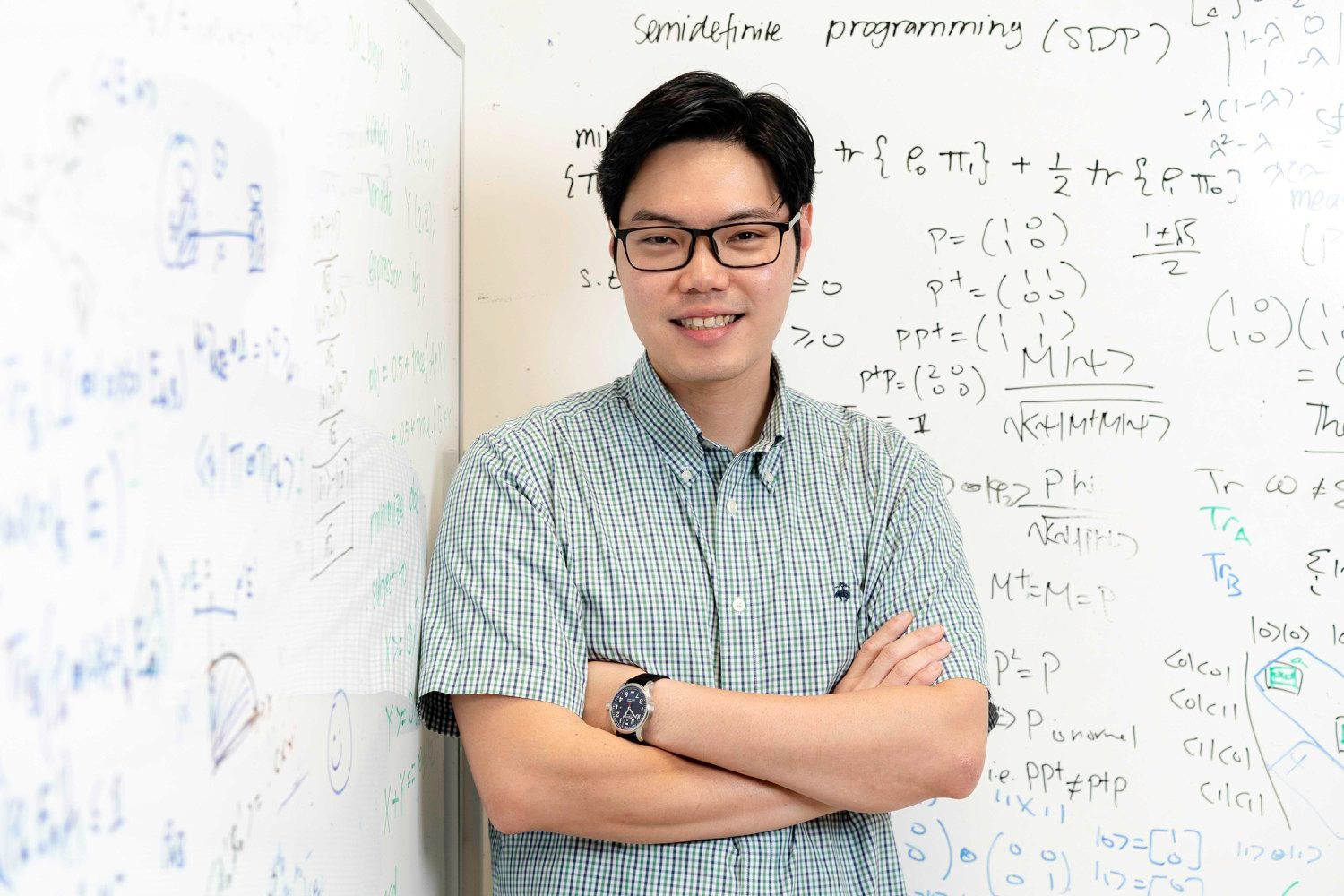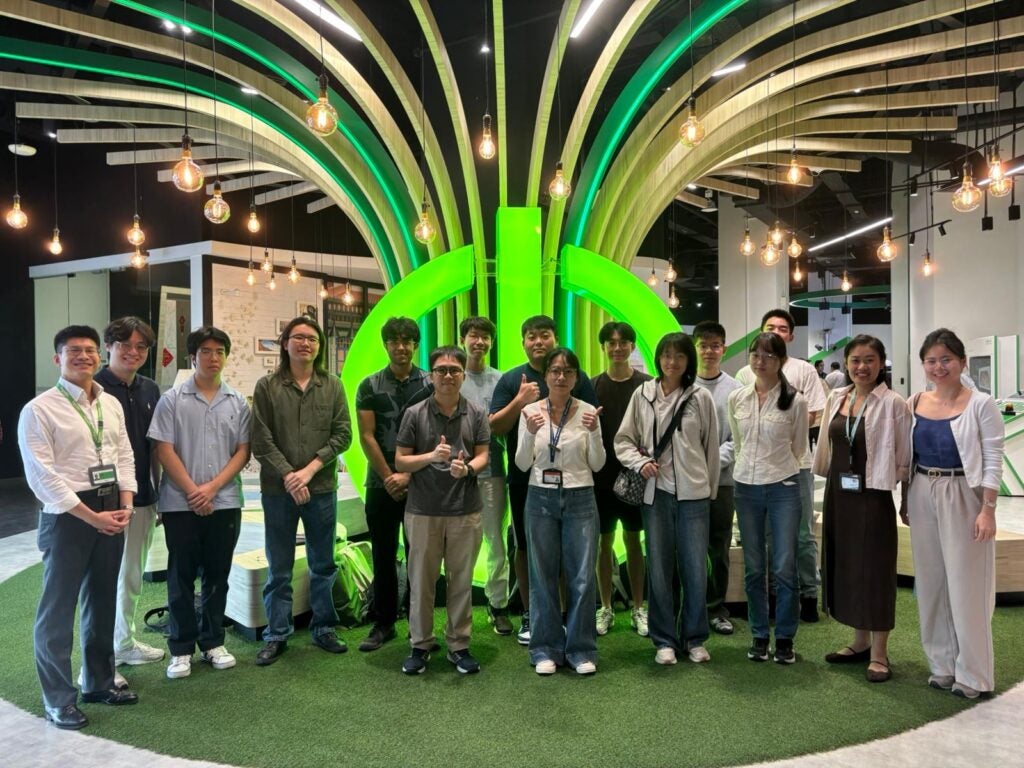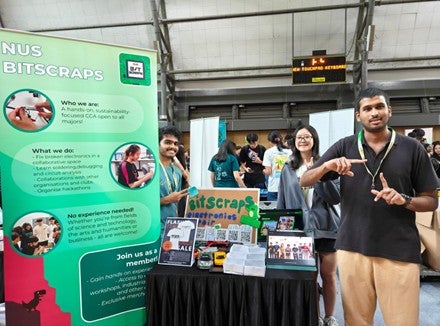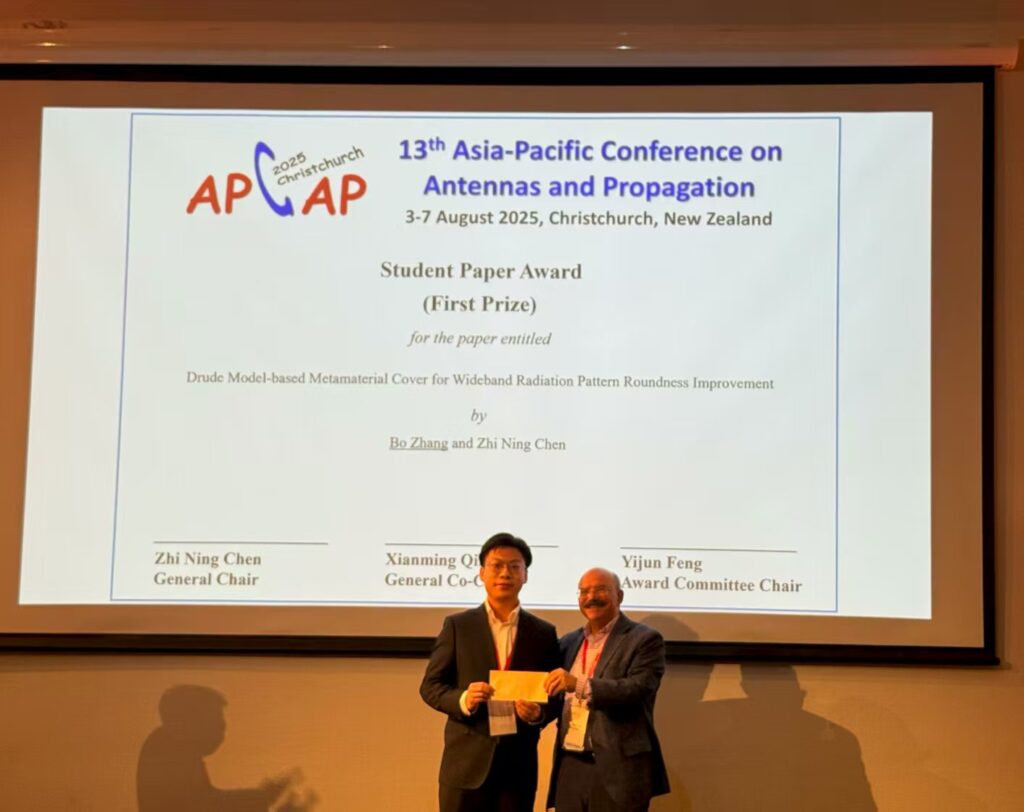Congratulations to Assistant Professor Dr. Charles Lim from NUS Electrical and Computer Engineering and the Centre for Quantum Technologies at NUS, who has received the “Young Scientist Award” at President’s Science and Technology Awards (PSTA) 2019.
Members of the NUS research community were among those celebrated at the most recent President’s Science and Technology Awards (PSTA), held on 17 October. The highest honours given to research scientists and engineers in Singapore, PSTA celebrates individuals and groups whose work have resulted in significant scientific, technological or economic benefits for the country. This year’s PSTA had two recipients of the President’s Science Award (PSA) and one recipient of the President’s Technology Award (PTA).
The Young Scientist Awards (YSA) recognise researchers, aged 35 and below, who are exemplary in their individual fields of expertise and whose research work has shown great potential.
Assistant Professor Lim was conferred the award for his work in quantum communications and cryptography resulting in quantum secure communication methods.
All the award winners were identified by a distinguished panel of representatives from industry, academia and research.
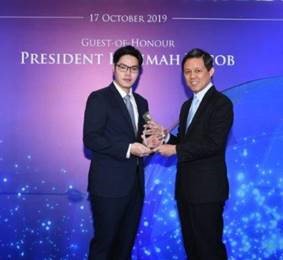
Dr Lim Ci Wen, Charles research taps current physics knowledge to develop a virtually unbreakable encryption system. Known as quantum cryptography, the system studies how one can use quantum science to better secure and process data in an untrusted environment. One of the methods derived from the system is quantum key distribution (QKD), which offers long-term security assurance to critical information infrastructures such as databases and private networks through the exchange of mathematically unbreakable secret keys.
Dr Lim and his international collaborators have developed a series of mathematical toolboxes for a wide range of QKD systems. More recently, the assistant professor and his collaborators from the United States successfully demonstrated the world’s fastest QKD system that enables the transmission of secret keys at ultra-high speed. His work will bring Singapore to the forefront of quantum cybersecurity, and enable the development of a scalable, fast and robust quantum-safe communication network.
To know more about his research, visit: https://www.ccwlim.com
